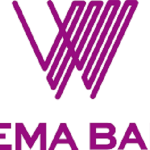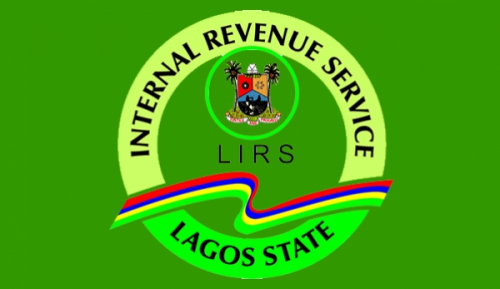Nigeria’s manufacturers confidence dips by 7.5 points to 44.4 pts


Nigeria’s Manufacturers CEO’s Confidence Index (MCCI) for the first quarter of 2020 has dipped to 44.4 points from 51.9 points recorded in the fourth quarter of 2019, indicating a 7.5 points decline over the period.
The report which is collated quarterly by the Manufacturers Association of Nigeria (MAN) aims at measuring changes in macroeconomic trends, operating environment and selected diffusion factors relevant to the manufacturing sector.
The survey showed that, “the 7.5-point decline in the index for the quarter meets expectation as most manufacturing sectoral groups greatly slowed down production while others were barely resuming full operations after the holidays when the impact of the outbreak of pandemic on the global value chain and the cloud of uncertainty intensified.
“This was the scenario for the significant part of the quarter that ushered in the lockdown regime. The huge decline in the index underscores a near-collapse of the manufacturing sector and a resounding vote of low confidence in the economy from manufacturers.”
“By examining the components of the aggregate index, the indexes of Current Business Condition in Q1 2020 fell to 46.56 points from 55.6 points recorded in Q4 2019.
“Index of Business condition for the next three months also fell to 48.6 points from 60.1 points of Q4 2019; Likewise, Current Employment Condition recorded 35.7 points in Q1 2020 as against 36.2 points in Q4 2019.
“Furthermore employment condition in the next 3 months fell to 41.4 points in Q1 2020 from 42.8 points recorded in Q4 2019; similarly, the index of production for the next 3 months fell to 49.8 points in the quarter under review from 64.7 points recorded in Q4 2019.
“Meaning all diffusion indexes and the aggregate index fell below the 50 points thresholds for meaningful performance.”
It also showed that the manufacturing sector was in a precarious state and required a lifeline to recover fully from the impact of the outbreak of the COVID-19, a respiratory disease caused by the new coronavirus.
The association urged the government to declare a state of emergency in the manufacturing sector of Nigeria in order to be acquainted with the status of the sector and craft strategies for quick recovery backed with sustainable stimulus packages.
“Establish a special bailout fund for the manufacturing sector with set deliverables on the number of jobs to be created, the volume of export, the quantum of locally raw materials utilized and projected revenue.”
The association also called on the government to reduce the financial pressure on companies occasioned by the lockdown, necessitated by the government’s measure to contain COVID-19, by providing 60 per cent of employees’ salaries for at least three months to prevent the retrenchment of workers.
“Support manufacturing concerns with existing loan facilities by reviewing the terms, especially reducing interest rates to 5 per cent with 2years moratorium. For manufacturers that are investing in order to scale up production should be granted loans at 5 per cent interest rate for a period of 5 to 7 years. This measure will no doubt improve liquidity and ramp up productivity in the manufacturing sector in a manner that will cover up for obvious losses due to COVID-19.”
The MCCI also said that the government should sustain the implementation of the backward integration policy by properly funding relevant institutions, giving utmost priority attention to the development of local raw-materials in commercial quantity and creating a friendlier environment for investment on the value-chains of these materials that are not locally available.”
“Prevail on the Central Bank of Nigeria (CBN) to extend its COVID-19 Stimulus packages to manufacturers not covered by existing CBN initiatives. The CBN should also grant manufacturers increased access to Foreign Exchange at pre-COVID-19 rate to support the importation of raw materials, machines and spares that are not available locally. “
“Direct all Regulatory Agencies, especially Standards Organizations of Nigeria (SON), National Agency for Food and Drugs Administration & Control (NAFDAC) to reduce their respective administrative charges (Pre-COVID-19 rates) payable by manufacturing concerns by 50%,” the report said.










